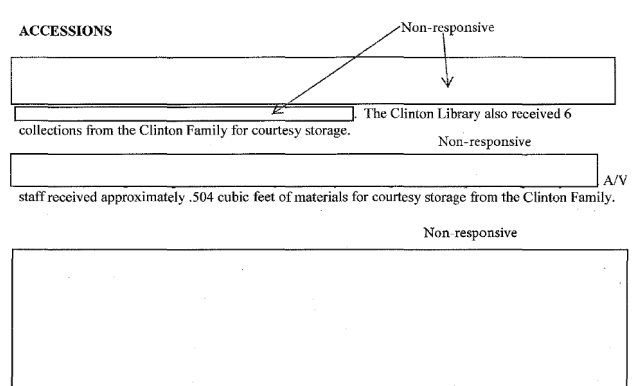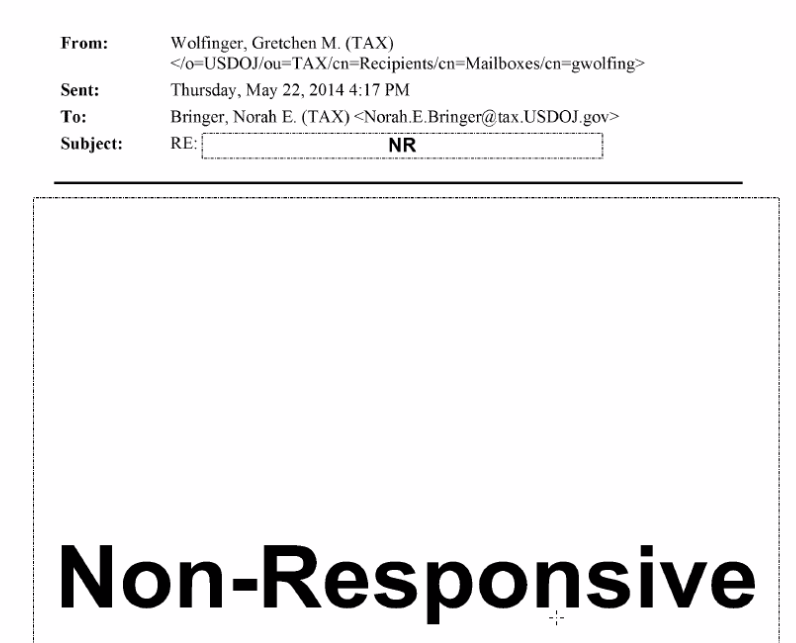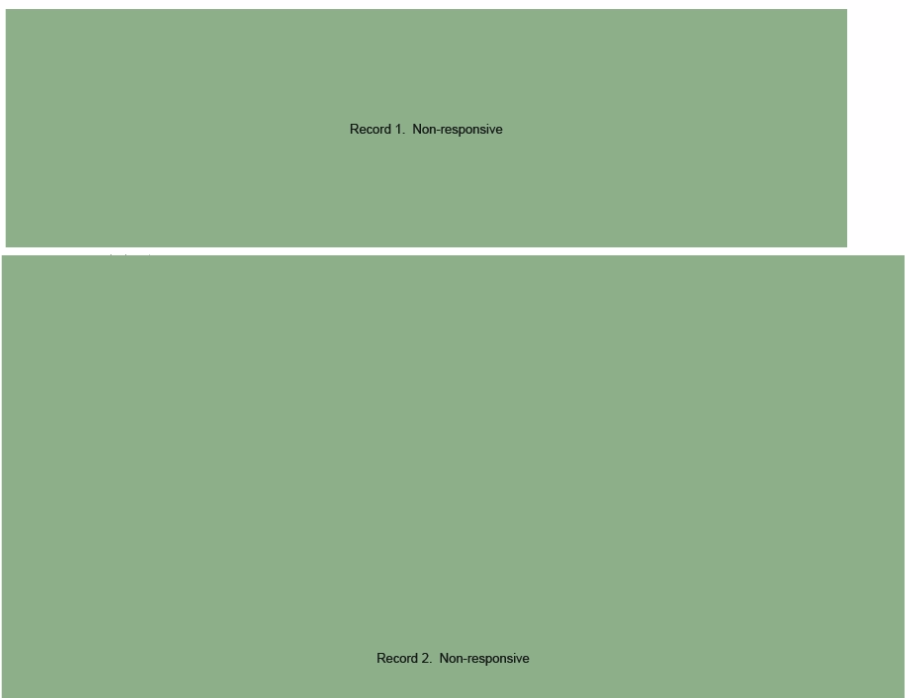Supporters of free speech and the First Amendment won a significant victory this week when a federal court denied a last ditch effort by Congressmen (and Senatorial candidate) Chris Van Hollen (D-Md.) to salvage his campaign finance case.
On January 21, 2016, a DC Circuit panel reversed the District Court for the District of Columbia and upheld a Federal Election Commission (“FEC”) regulation requiring unions and corporations (including nonprofit organizations) to disclose only those contributors who donate for the purpose of funding an election campaign.
Van Hollen had sued the FEC, arguing that such organizations should be required to reveal all donors, not just those that donate for an election. On appeal to the DC Circuit, CoA Institute filed an amicus brief in support of free speech principles. The DC Circuit agreed with the CoA Institute position that the FEC had struck an acceptable balance between disclosure requirements and First Amendment protections. In so doing, the Court emphasized a number of points made in the CoA Institute brief, particularly the importance of protecting the constitutional rights of contributors to privacy and anonymous speech.
Following the DC Circuit decision, Van Hollen moved the entire DC Circuit to rehear the case (a rehearing en banc). On September 27, 2016, the full court denied the petition. Pending a Supreme Court appeal, the DC Circuit decision is now final.


